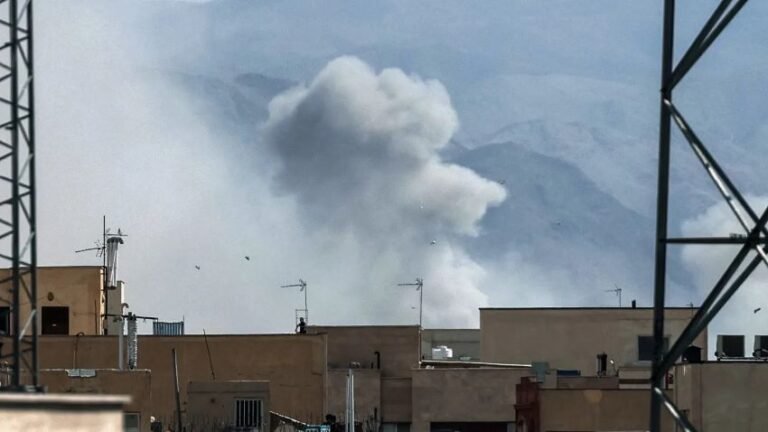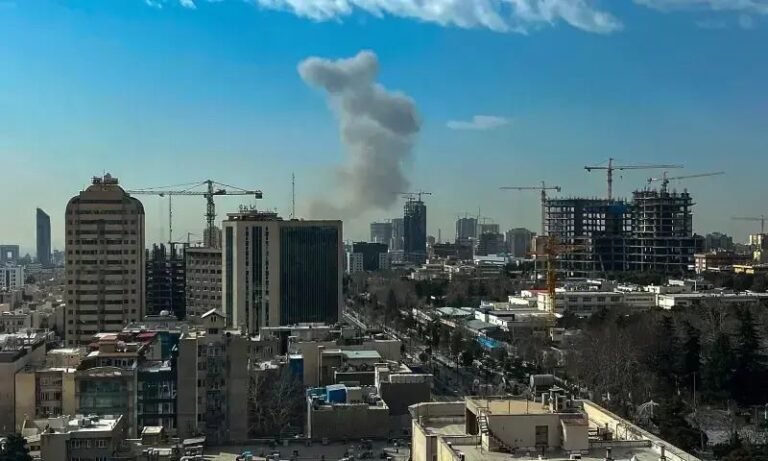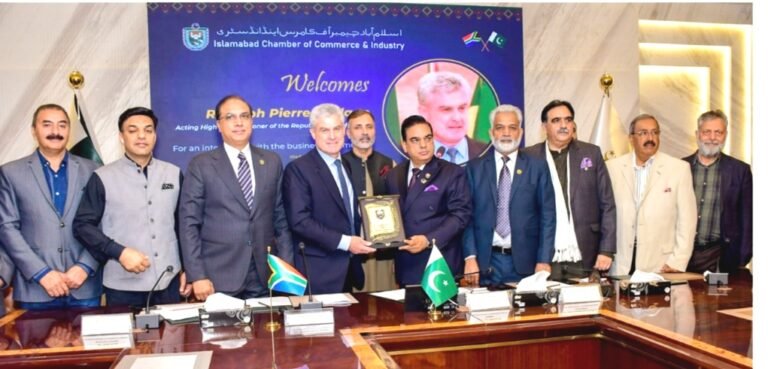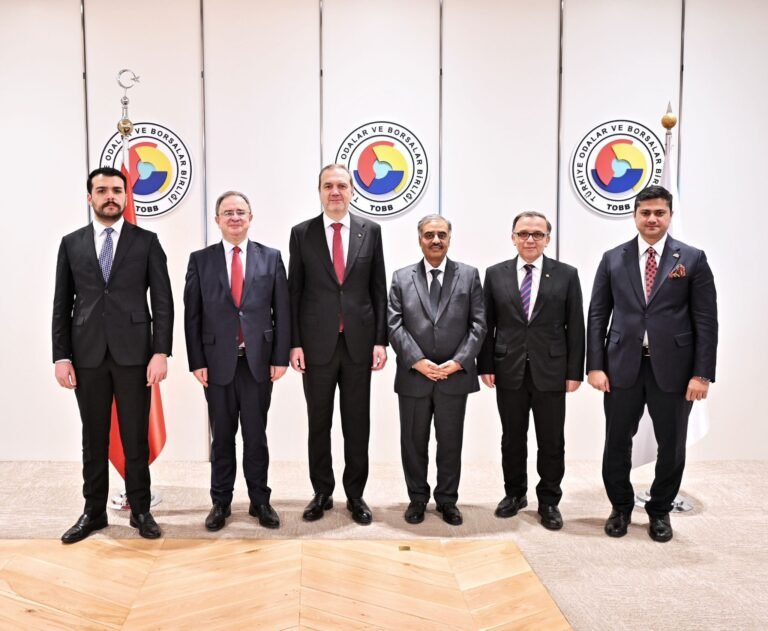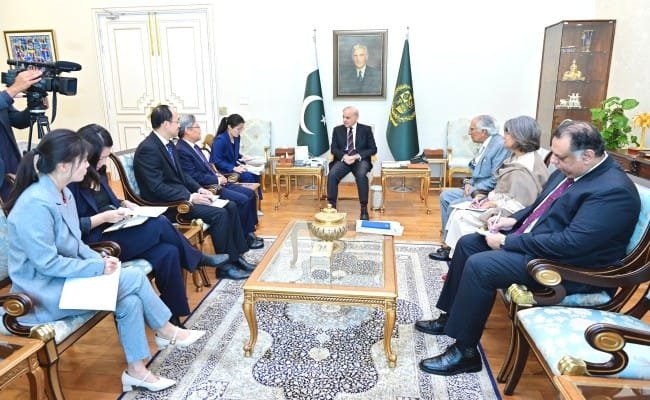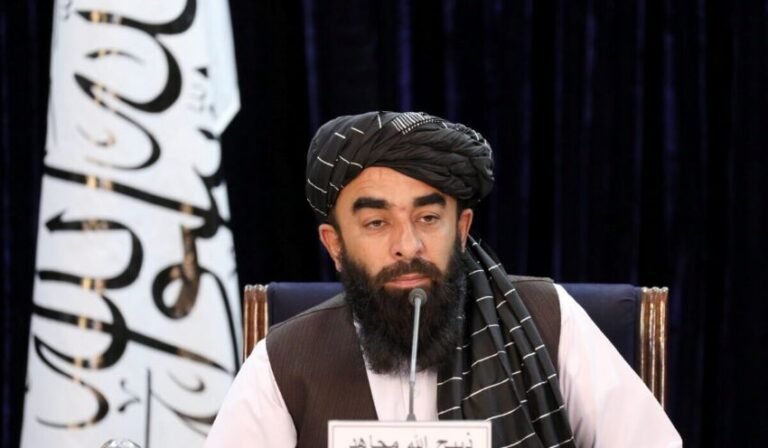Dr. Sahibzada Muhammad Usman
May 3rd marked a significant milestone for Pakistan as it successfully launched its first satellite, iCube Qamar, in conjunction with China’s Cheng E6 space project. Pakistan’s significant achievement in space exploration has propelled it to the 6th position globally, demonstrating its emergence as a space technology nation.
The Prime Minister of Pakistan hailed this as the country’s first foray into space, describing it as a momentous milestone that highlights Pakistan’s growing prominence in the fields of science and technology. The achievement of Pakistan in space will serve as a monument to the diligent labor and expertise of its scientists and experts. Syed Samar Abbas, the General Manager of the Institute of Space Technology (IST), offered a detailed account of the rapid development of the iCube Qamar, which was successfully accomplished within a span of two years.
In 2022, the Chinese National Space Agency, in collaboration with the Asia Pacific Space Corporation Organization, provided a unique opportunity to eight member countries – Pakistan, Bangladesh, China, Iran, Peru, South Korea, Thailand, and Turkey – free of charge, allowing them to conduct their missions in the lunar orbit. Based on these criteria, the proposal submitted by Pakistan was the only one accepted. The proposal demonstrated the country’s space scientists’ exceptional talents and forward-thinking vision.
The iCube Qamar was developed via a partnership between Shanghai University, SUPARCO, and the Institute of Space Technology. The mission of Cheng E6 is groundbreaking, since it aims to gather samples from the far side of the moon, a task that no other nation has attempted before. This mission also includes iCube Qamar’s goal.
The optical cameras installed on the satellite underwent rigorous validation and testing procedures before to their deployment on the Chang E6 mission. Dr. Khurram Khurshid, a member of the Core Committee of IST, has developed the iCube project. Qamar will be sent into lunar orbit for a duration of 3 to 6 months, during which it will capture images of the surface characteristics of the moon. These photographs will enhance the country’s indigenous lunar research capabilities, while also being shared with Chinese experts, since the project is a joint endeavor.
The development of space technology in Pakistan began in 1961 with the establishment of the Space and Upper Atmosphere Research Commission (SUPARCO) by the country’s founder. Subsequently, China’s robust and influential backing has propelled Pakistan towards achieving significant milestones in space exploration. This may also include the deployment of satellites into outer space to establish and maintain sufficient infrastructure to support such an undertaking.
It was an impressive technical achievement that represented a moment of national pride, similar to the acknowledgment of Pakistan as the sixth nuclear country.
This highlights the potential of the younger generation in Pakistan and emphasizes the need for a robust educational system and resources that are on par with those in wealthy nations. This help might perhaps enhance the talents of future scientists and researchers. Hence, it may be said that space technology is vital for addressing pressing concerns such as the energy crisis, water shortages, agricultural productivity, climate change, and industrial innovation.
The book “Success” by iCube Qamar has the potential to initiate a new era for Pakistan across all industries. The technology used in space exploration may also be employed in several other industries such as telecommunications, weather forecasting, crisis management, and even military applications. The process of creating these photos, including the creation of Pakistan’s own moon satellite, and capturing images of other celestial bodies, will take place in Pakistan. With the use of these technologies, Pakistan will get the ability to accurately comprehend and forecast the Earth’s ecology and its subsequent alterations.
Conversely, this technological achievement might lead to economic growth. The space industry drives advancements in technology that have profound ramifications, such as the creation of novel materials and the enhancement of health services via the use of more advanced imaging and diagnostic equipment.
The relationship with China, which played a significant role in world diplomacy and cooperation for space exploration, also resulted in a dividend. These collaborations are essential for the exchange of resources, expertise, and technology to make ambitious initiatives feasible and cost-effective. It represents the elevated diplomatic and scientific status of Pakistan on a global scale.
Pakistan, in celebrating this great accomplishment, anticipates that its future space exploration endeavors may yield significant scientific advancements and enhance humanity’s comprehension of the cosmos. Pakistan’s prospects in space exploration are promising. Increased investment in technology and education, together with international cooperation, would position Pakistan as a leading country in the exploration and use of space resources. For instance, it may participate in global initiatives focused on establishing enduring human settlements on other celestial worlds and extracting valuable minerals from them.
Essentially, the flawless introduction of iCube Qamar by Team Pakistan serves as a remarkable demonstration of the technological skills and abilities of the nation’s young people, while also providing them with a source of inspiration. It demonstrates that given enough support and chances, individuals from Pakistan can make substantial contributions to even the most sophisticated areas of science and technology.
*Dr. Sahibzada Muhammad Usman is affiliated with the University of Pisa, Italy. He holds a PhD in geopolitics and is the author of Different Approaches on Central Asia: Economic, Security, and Energy.
**The opinions in this article are the author’s own and may not represent the views of The Diplomatic Insight. The organization does not endorse or assume responsibility for the content.
Established in December 2008, The Diplomatic Insight is Pakistan’s premier diplomacy and foreign affairs magazine, available in both digital and print formats.






